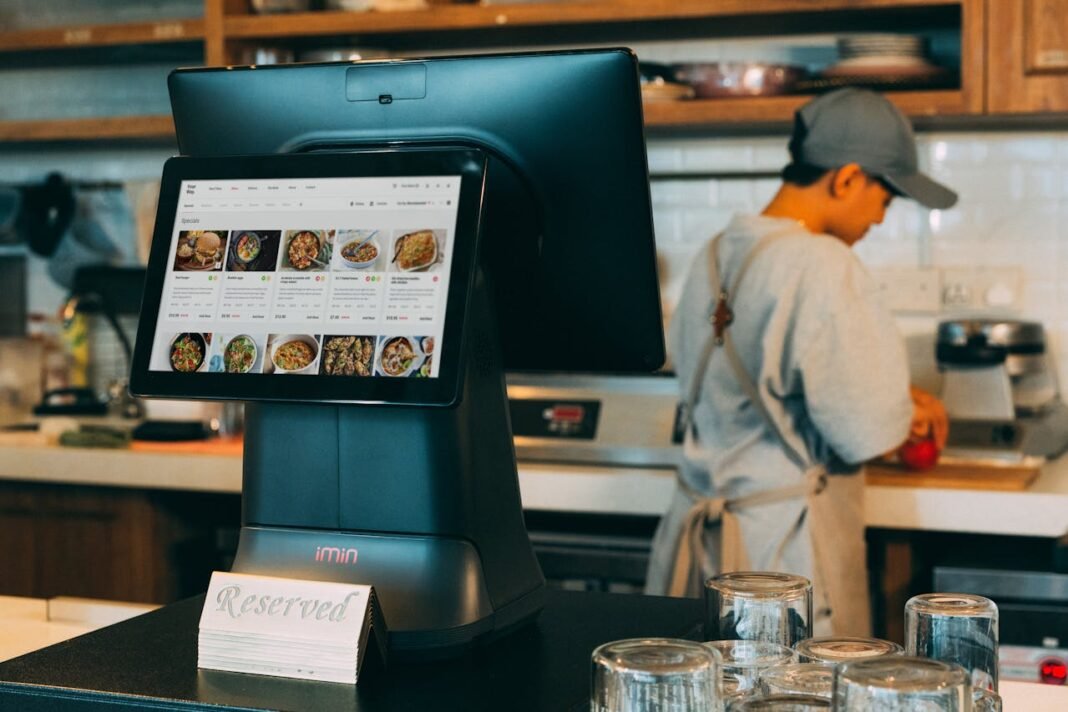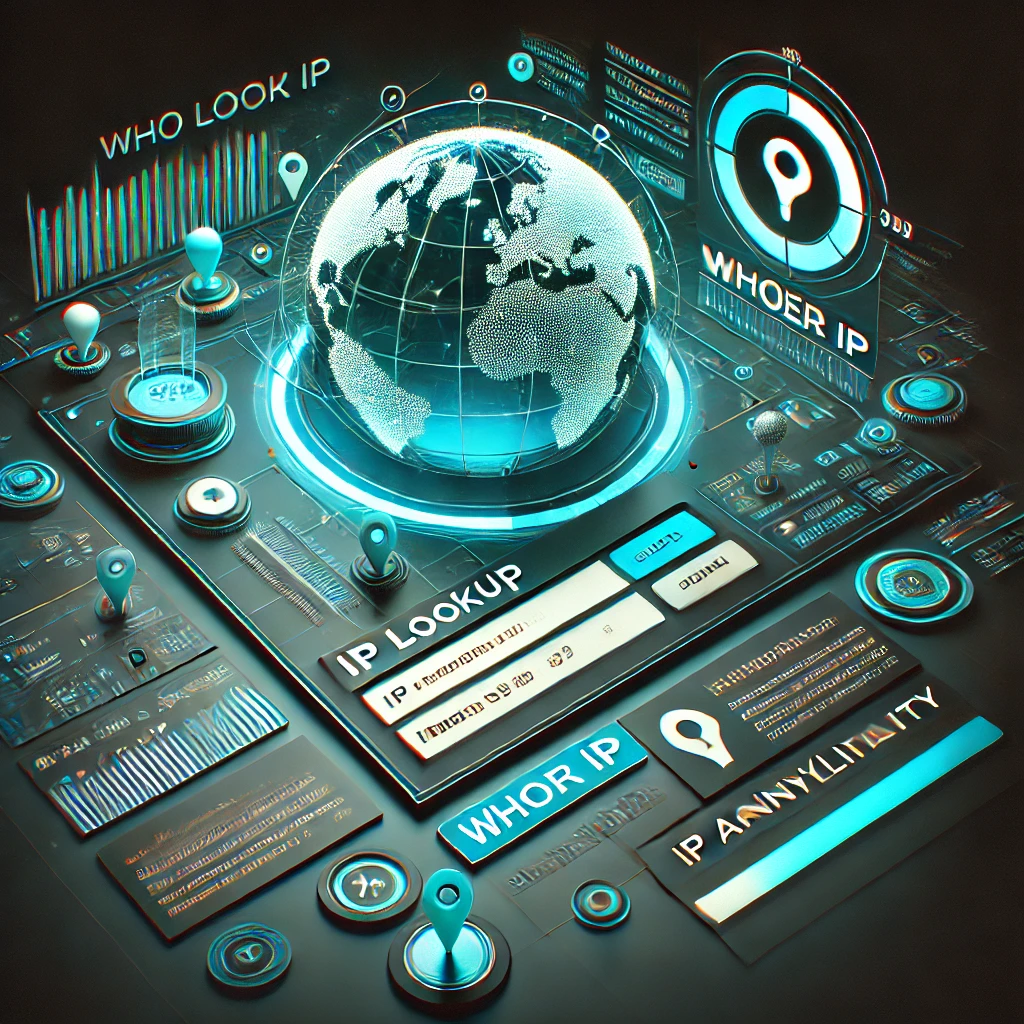Technology has revolutionized the way businesses interact with their customers, transforming the customer journey into a streamlined, personalized, and efficient process. Across industries, innovative solutions are being adopted to enhance user experiences, eliminate friction, and foster loyalty. This transformation is reshaping how businesses operate and how customers engage with their favourite brands.
The Evolution of the Customer Journey
Gone are the days of one-size-fits-all service models. Today’s customers expect tailored interactions, minimal wait times, and seamless transitions between digital and physical touchpoints. Businesses must adapt to these demands by leveraging technology to simplify and elevate the customer journey.
Key Technologies Transforming the Customer Experience
- Artificial Intelligence (AI) AI-driven solutions allow businesses to understand customer behaviors and preferences, enabling hyper-personalized experiences. From chatbots to recommendation engines, AI helps streamline interactions while enhancing satisfaction.
- Self-Service Platforms Digital kiosks, mobile apps, and web portals empower customers to take control of their journey. Whether it’s placing orders at a restaurant or managing accounts online, self-service options save time and improve efficiency.
- Omnichannel Integration Customers now engage with brands across multiple channels, including social media, mobile apps, and in-store visits. Omnichannel strategies ensure consistent experiences, allowing businesses to meet customers wherever they are.
- Contactless Payments The rise of contactless technology has not only improved transaction speed but also boosted hygiene and security. This technology has become a staple across industries, from retail to hospitality.
- Augmented and Virtual Reality (AR/VR) AR and VR are transforming the way customers explore products and services. For instance, virtual showrooms and try-before-you-buy experiences have become game-changers in sectors like fashion and real estate.
Real-World Applications
1. Hospitality
Hotels and restaurants are leveraging digital menus, online check-ins, and self-service kiosks to streamline operations and reduce wait times. For instance, QikServe provides tools that enable customers to place orders and make payments seamlessly, improving the overall experience.
2. Retail
Retailers use AI and data analytics to recommend products, while contactless payments and self-checkout stations ensure faster transactions. Omnichannel strategies are particularly effective in bridging the gap between online and in-store shopping.
3. Healthcare
Technology in healthcare has drastically improved patient journeys. From telemedicine consultations to automated appointment scheduling, the integration of tech solutions makes accessing medical care more convenient.
4. Travel and Tourism
Airlines, hotels, and tour operators are integrating mobile apps, digital check-ins, and virtual tours to ensure smooth travel experiences. AI-powered chatbots and real-time updates further enhance customer satisfaction.
The Future of Customer Journeys
The future of customer journeys lies in further innovation and integration. As AI, IoT, and 5G technologies become more advanced, businesses will gain even greater insights into customer behavior. Predictive analytics, immersive experiences, and autonomous systems are set to redefine how brands and customers connect.
Final Thoughts
The integration of technology into customer journeys is no longer optional; it’s essential for businesses aiming to stay competitive. By embracing innovative solutions, brands can create seamless, personalized, and memorable experiences that not only meet but exceed customer expectations. Whether through AI-driven personalization or self-service kiosks from providers, the path forward is clear: invest in technology to transform the customer journey.


